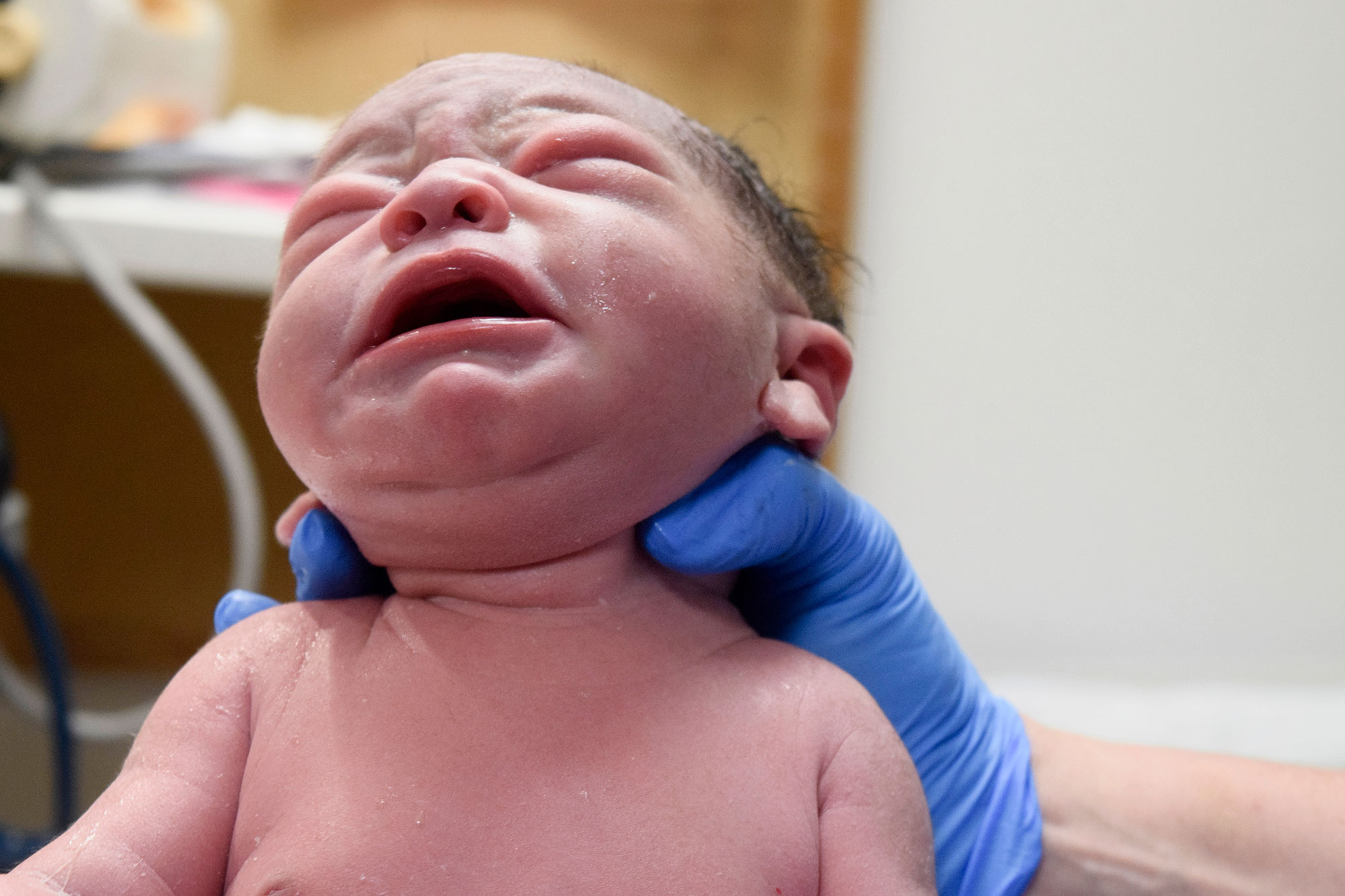As every mum knows, no delivery is the same and neither are the aspirations of the woman going through labour.
Some want to welcome their baby into the world at home, with just the help of their partner and a midwife or doula, while others want the full gamut of pain relief to assist them through the labour.
As long as a proper risk assessment is carried out during the pregnancy, there really is no right or wrong when it comes to how and where a woman gives birth, and everything should be done to ensure the experience is as positive as possible.
Which is why the news that some labour wards are suspending the use of gas and air amid concerns for staff safety has been raising anxiety for some mums-to-be.
For many women, gas and air – or Entonox as it is also known – is the perfect solution for those who want some level of pain relief without the side effects of other stronger pain relief.
In particular, the nature of gas and air means the effects subside quickly.
Yet, by suspending its use at some hospitals, women have been denied choice and autonomy during what can be an extremely vulnerable experience.

Kim Thomas, CEO of the Birth Trauma Association (BTA), says: “Pain relief is incredibly important. Labour can be intensely painful, and if the pain is extreme, it can lead to PTSD.
“The feeling of being let down by staff who have ignored their pain can add to women’s distress.
“A lot of women tell us that being denied access to pain relief contributed to their birth trauma – in a survey we conducted of members in 2020, about a third said they’d been denied pain relief.”
She continues: “Women often cite a lack of control as contributing to their birth trauma.
“Being out of control can feel frightening and distressing, and women with birth trauma often speak about a sequence of events that happened to them without them having any conscious agency.
“Having appropriate pain relief can play an important part in regaining that control.”
According to the BTA, somewhere between 25,000 and 30,000 women a year in the UK experience postnatal PTSD.
Kim says many more experience some psychological symptoms of distress.
And the impact of birth trauma on families can be profound.
“Having symptoms of psychological distress can make it very hard to lead a normal life as a new mother,” explains Kim.
“Some women feel so intensely anxious, for example, that they won’t let anyone else hold the baby, or they are constantly plagued with fears about the baby coming to harm.
“Having flashbacks or nightmares can also be debilitating. Sometimes women become irritable and bad-tempered, and their relationship with their partner suffers.
“Many find it hard to bond with their baby.”
In light of the headlines and the growing number of hospitals that have suspended the use of Entonox, Local Women has spoken to the health trusts in Northern Ireland to establish the situation here.
We can reveal there are no plans to suspend the use of gas and air in any Northern Ireland labour wards – more than welcome confirmation for expectant mums facing one of the most significant and life-changing events.
But the issue has certainly highlighted the importance of putting women front and centre of the birthing experience.
It has also served a timely reminder that it is possible to enjoy a positive birthing experience without pain relief.

As a mum-of-seven, Emma Lewis, from Ballynahinch, knows more than most about the process and her own experiences prompted her to train to become a hypnobirthing teacher.
She is adamant that hypnobirthing is a viable alternative to other forms of pain relief and can also reduce the chances of suffering a traumatic birth.
“It teaches your mind to prepare for birth using breathing techniques, visualisations, and positive birth affirmations,” she explains.
“Where the mind leads the body will follow. It helps empower women and gives them confidence in their ability to birth their baby without fear.
“It reinforces to mum that birth is a natural part of life and should be a very positive experience.
“It is essentially reframing your subconscious ideas of pregnancy and birth. Birth is a natural process that sometimes requires medical help, it is not a medical event by default. “Hypnobirthing techniques and practices quietens our conscious mind that would fight the birthing process and allows our labour to naturally flow. It gives us back control of our birthing experience.”
She continues: “Hypnobirthing is all about learning to relax during labour and childbirth. The more we can manage our anxieties, and relax, the less pain we will feel.
“Each time we practice hypnobirthing techniques at home in preparation for our birth, the more relaxed we feel.
“We learn to practice the breathing techniques, listen to the positive birth tracks, the affirmations, all before our baby is born.
“We create an environment of calm if you like. Then once we go into labour and we recreate that environment our mind and body work together to allow us to enter that state of calm.”
For those women who have been affected by a traumatic experience, whether that’s inadequate pain relief, invasive medical intervention, a baby that spent time in PICU after birth, or an unexpected medical emergency during labour, there is help out there.
Kim stresses that no woman should suffer in silence.
“If a woman’s symptoms are affecting her ability to live a normal life, then the best thing to do is to seek therapy,” she says.
“The two therapies most effective at treating trauma are trauma-focused cognitive behavioural therapy and EMDR (eye movement desensitisation and reprocessing).
BTA also offers a range of support which can be accessed by emailing support@birthtraumaassociation.org.uk or ringing 0203 621 6338 or joining the organisation’s Facebook group.
